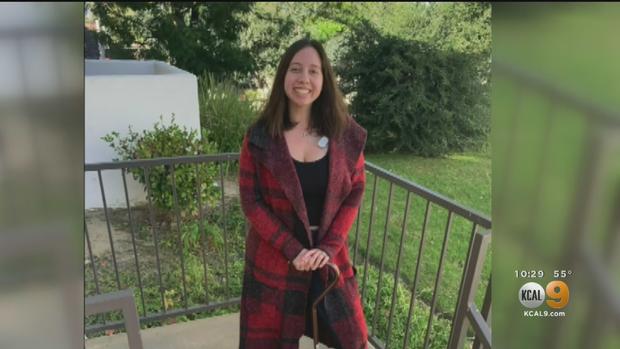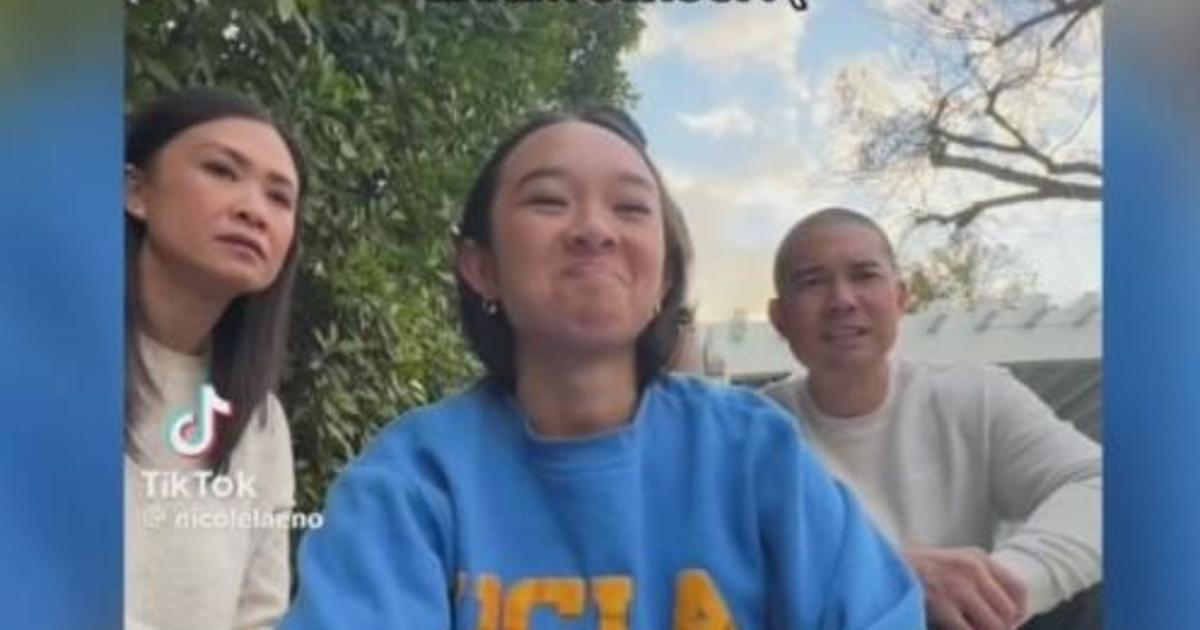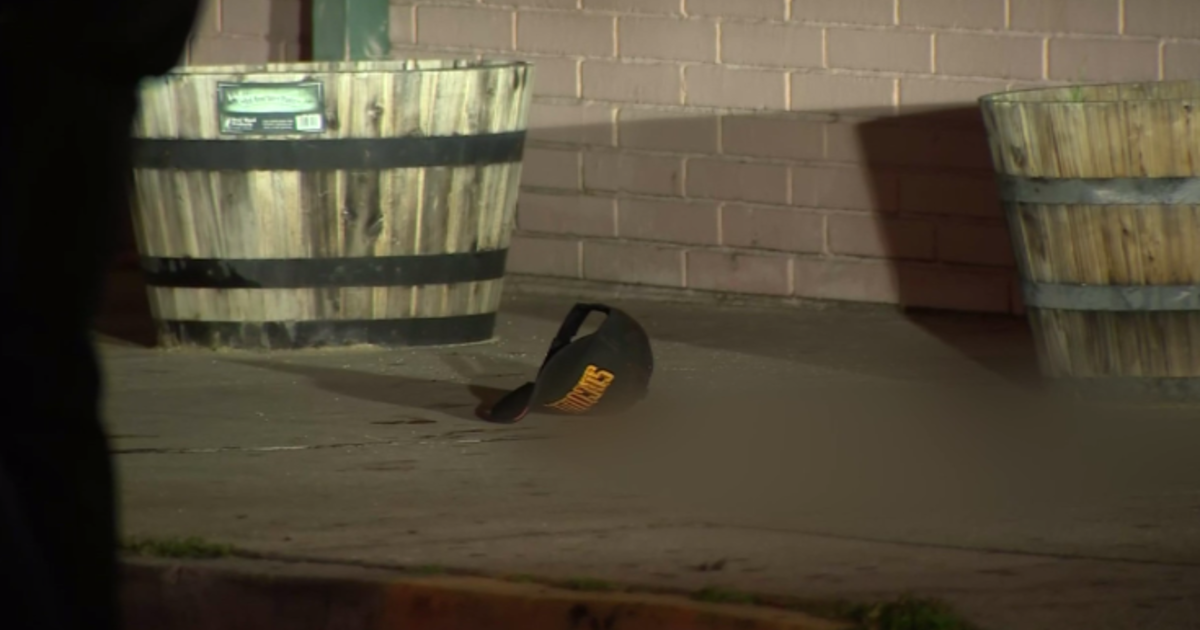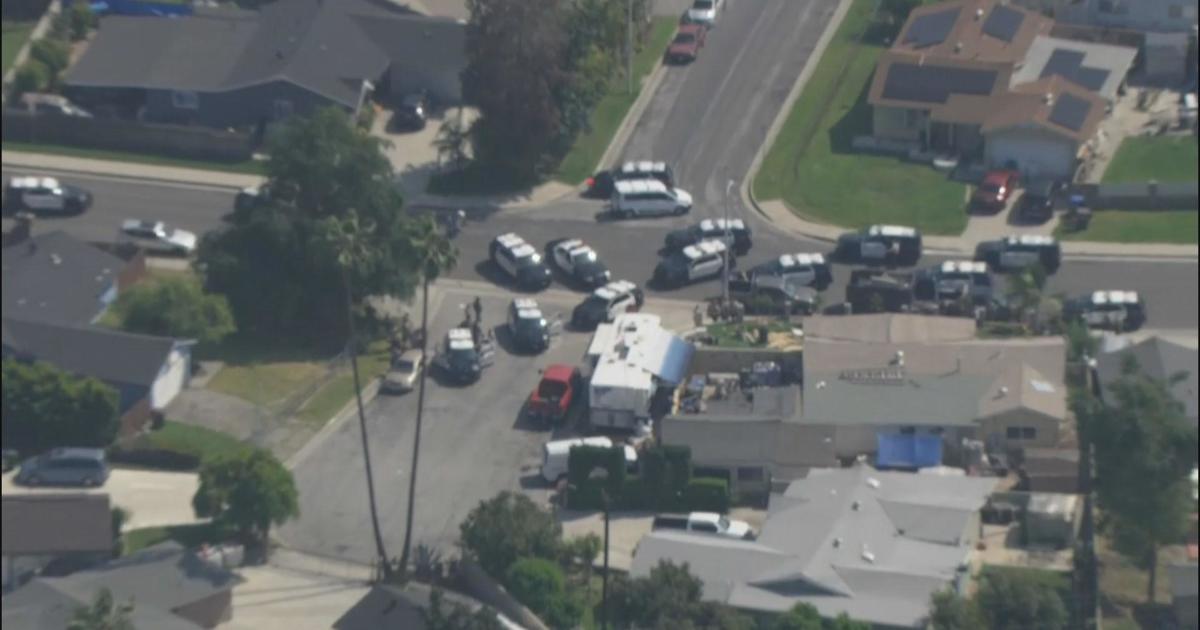Road To Recovery: Sun Valley Woman Seeks To Raise Awareness Of Long-Haul COVID-19
LOS ANGELES (CBSLA) — When Nataly Najarro was diagnosed with COVID-19 in August, she had no idea her life was about to come crashing down.
The 24-year-old Sun Valley resident said she was wearing facial coverings, but admits to not following all of the other recommended guidelines — still seeing small groups of friends, going out to restaurants and attending large social justice protests.
But after she was diagnosed, she suddenly realized that she could no longer function.
"Memory loss, I've had dizziness, I've had light headedness, I've had disorientation, confusion," she said. "I've had uncontrollable shaking of my entire body. It looks like a seizure, but it's not a seizure — doctors have checked."
Najarro worked as a therapist for children with autism, but suddenly found she could hardly walk, bathe herself or get off the couch — let alone work.
"Makes my body feel like a thousand pounds, and I literally can't move," she said.
Months went by, and Najarro was not getting better. She saw doctor after doctor. She went to the hospital three times. She saw neurologists who ran tests. They all knew that she has been diagnosed with COVID-19, but could not explain why it was taking her so long to recover.
"Dealing with doctors and physical therapy and occupational therapy and doing tests and all of that has become a job for me now," she said.
One day, Najarro, who uses a wheelchair and walker to get around, saw an article online that mentioned something called "long-haul COVID-19."
"I cried reading it, because for the first time I finally had a word for what's wrong with me," she said.
The Journal of the American Medical Association estimates that about 10% of people who get COVID-19 become so-called long-haulers — people who are technically no longer infected, but still struggle with symptoms for weeks or even months.
It can affect people who were initially very sick or not sick at all and can impact people like Najarro, who said that before COVID-19, she was perfectly healthy.
But now, unemployed and chronically ill, Najarro had a message for young people tempted to not take the pandemic seriously.
"I understand this idea that we're invincible, but that's an illusion," she said.
Many doctors say they just don't know enough about long-haul COVID-19 or why it causes symptoms like brain fog, described as the inability to focus on even simple tasks.
As for Najarro, she is still going to therapy and hopes that one day she will feel normal again.




